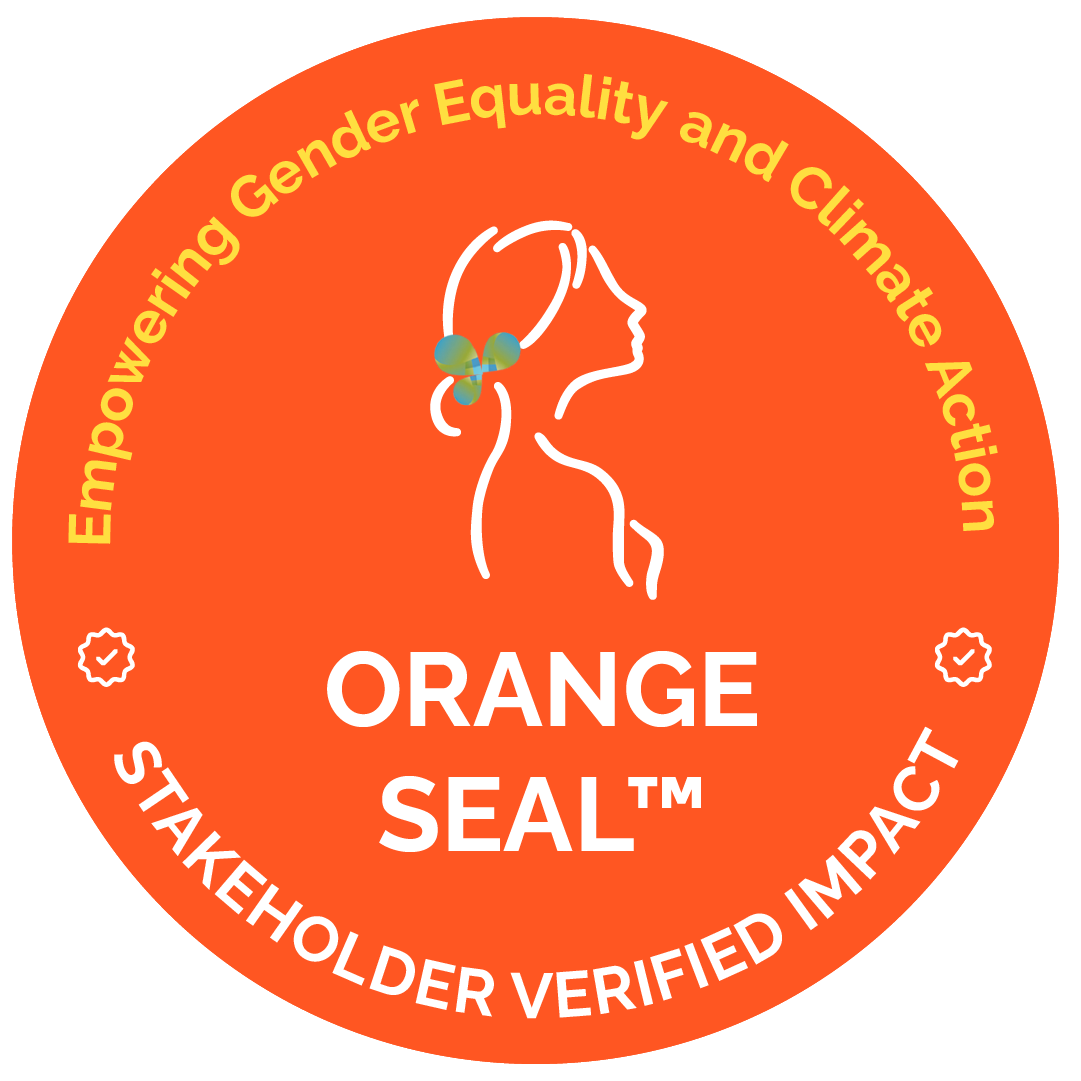Helping villagers have access to safe drinking water
Read Article on Jakarta Post Download PDF of orignal article
Financially disadvantaged villagers living in rural areas are highly susceptible to diarrhea and other waterborn diseases because their well or spring water is not properly treated or the boiled water is stored in dirty pots and pans.
In Donomulyo sub-district, Malang, East Java, for instance, water sourced from the ground, rivers and the mountain springs is often murky, and also contains high levels of bacteria. Boiling the water does not make dirty water clear and if water is boiled for less than 3 minutes not all bacteria are killed.
“Because the water is unsafe to drink, we educate local people about the importance of treating the water. Using a Nazava water filter is one of the solutions to the community’s health problems,” said Ipung Dyah Kurniasasi, 38, an environmental health department sanitarian at the Donomulyo community health center (Puskesmas), who coordinates the sale of the Nazava water filters in Donomulyo.
For most villagers, drinking filtered water is a new experience and therefore, extra effort is needed to change their long and established drinking habits.
“In every community event in which I educate people on safe water consumption, I always show samples of laboratory tested water to the people to make them aware of the difference between treated and untreated water,” she said.
She said that it has worked effectively when it came to raising awareness about the importance of consuming safe drinking water.
Donomulyo sub-district covers 10 villages, some of which are difficult to reach because of the mountainous area they are located in.
“I conduct counseling once a month from one village to another. My sub-coordinators totaling 9 ladies also conduct counseling in targeted villages,” she said.
In her village meetings, she always includes the issue of safe drinking water while speaking about in the first 1000 days of life movement – which is a national campaign.
The bacteria in untreated water can cause diarrhea, one of the major causes of child mortality, she said.
“My main task as is to increase people’s understanding of health,” she said.
To make sure that even poor farmers can have access to safe drinking water, the Nazava water filter can be paid in 10 installments of Rp 20,500 (1.5USD)
The prices vary, depending on the storage size, ranging from Rp 205,000 to Rp 610,000. “The 16 liter-water filter priced at Rp 590,000 is the most popular one,” she said.
The mother of two started to sell water filters in February 2015 and to date, about 400 families have purchased the product. “My target is to educate as many families as possible,” she pointed out.
Her goal is to change the behavior of people in relation to water consumption. “Changing people’s behavior in this regard is a long process that needs our patience and persistence,” she noted.
But she was pleased to learn that the number of cases of diarrhea has reduced since more people consume filtered water.
Meanwhile, water-related problems in Tumpang sub-district, also in Malang, covering 15 villages, vary from village to village. There is village where a livestock chicken venture has emerged, leaving the water heavily contaminated with E.coli bacteria, while there is also another relatively-densely populated village with shallow wells close to houses.
A research by Malang health office on the water condition in 8 villages in the sub-district in 2015 shows that seven of the targeted villages are contaminated with E.coli bacteria.
“Most of the ground water sources are located less than 10 meter from a septic pit, the minimum required distance for the ground water sources,” said Yekti Indriati, 31, a sanitarian at the Tumpang Puskesmas, who is also engaged in coordinating and reselling Nazava water filters.
She said that in every counseling session, she always starts with explaining the crucial issue of the first 1,000 days of a child’s life. “Clean water plays a vital role in a child’s growth. Filtered water is not only bacteria free but also contains minerals that our body needs,” she said.
Yekti shared Ipung’s view that reselling water filters to the community needs patience because most people are unaccustomed to drinking filtered water.
Despite explaining that consuming unfiltered water posed a threat to their health, it took some time for them to be aware of it and change their mindset. “When first introduced last year, many had doubts about drinking filtered water without boiling it first,” she said.
But after several months of the program running, more villagers have begun to realize the benefit of owning water filters with a water storage. In every meeting, held irregularly, an average four filters are purchased and as of early April, she has sold 165 units.
Consuming filtered water makes consumers healthy because the water is free of bacteria and they can drink it without boiling it first, which means saving money on wood or gas, which they commonly use as fuel, according to Yekti.
“The most important thing is that I can assist people in accessing clean and safe drinking water at a price they can easily afford,” she concluded.



